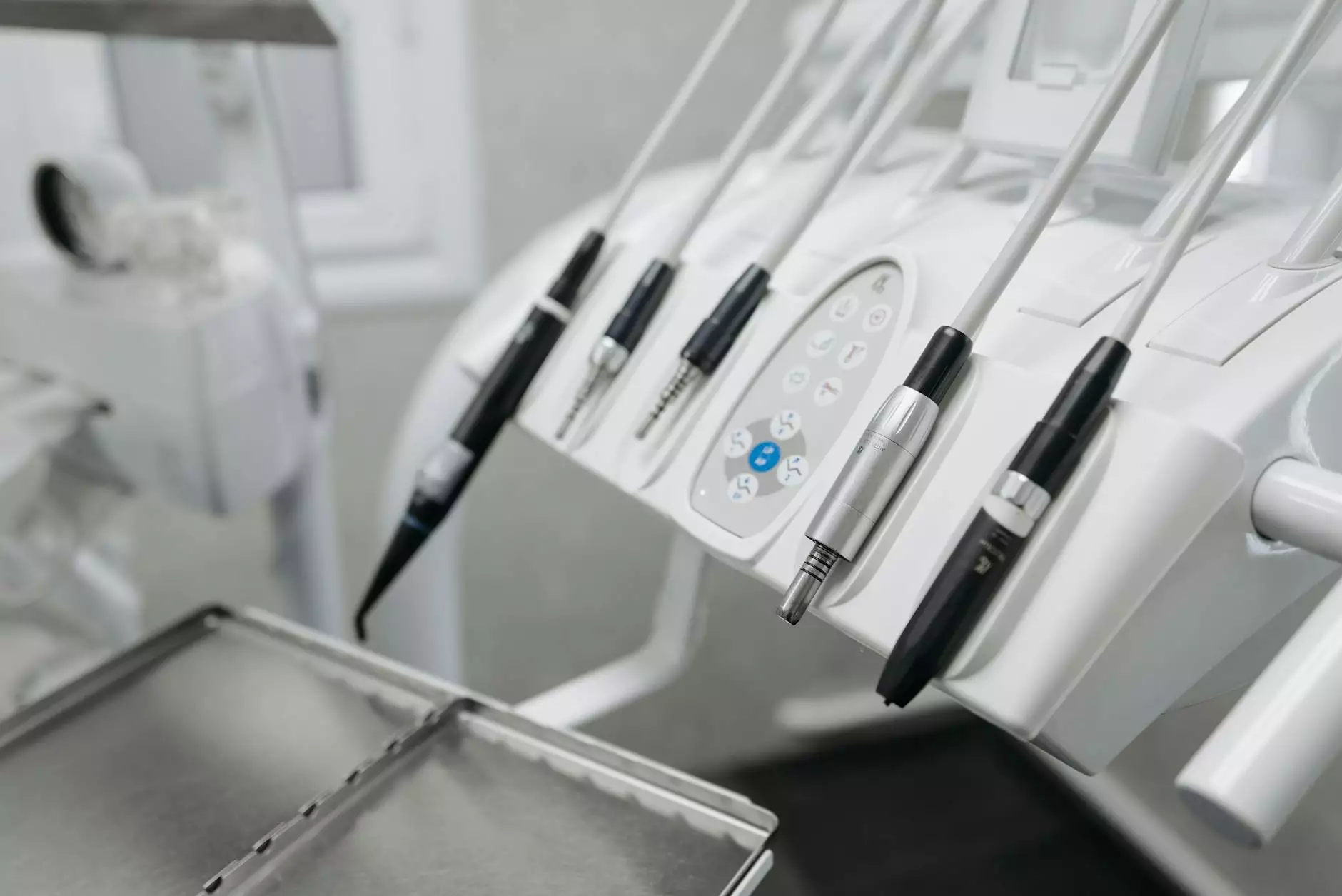Understanding the Titanium Screw Manufacturer: Innovation and Quality

Titanium screws are rapidly becoming critical components in a variety of industries due to their exceptional strength-to-weight ratio, corrosion resistance, and durability. In this comprehensive guide, we will explore what defines a leading titanium screw manufacturer, the benefits of using titanium screws, and crucial factors to consider when selecting the right manufacturer for your needs.
The Advantages of Titanium Screws
When comparing materials for fasteners, titanium stands out for several reasons:
- High Strength: Titanium screws boast a tensile strength that surpasses many steel alloys, making them suitable for demanding applications.
- Low Density: Titanium is approximately 45% lighter than steel, offering weight-saving benefits without compromising strength.
- Corrosion Resistance: Titanium naturally forms a protective oxide layer that makes it highly resistant to corrosion, ideal for marine and chemical applications.
- Biocompatibility: In the medical field, titanium is favored for implants and screws due to its compatibility with human tissue.
- Temperature Resistance: Titanium maintains its strength and integrity even at high temperatures, making it useful in aerospace and automotive applications.
Applications of Titanium Screws
With their myriad benefits, titanium screws are utilized in various industries. Let's delve into some key applications:
Aerospace Industry
The aerospace sector heavily relies on titanium screws due to their lightweight and high strength. Components in aircraft, such as engine mounts and fuselage frames, often require fasteners that can withstand extreme conditions while minimizing weight.
Marine Applications
In marine environments, titanium screws prevent rusting and degradation that would occur with standard steel fasteners. Their durability makes them ideal for shipbuilding, underwater applications, and oil rigs.
Medical Devices
From orthopedic implants to surgical instruments, titanium screws are essential in medical devices due to their biocompatibility and strength. They reduce rejection rates and enhance the longevity of implants.
Automotive Sector
High-performance and luxury vehicles utilize titanium screws to optimize weight and performance, especially in engine parts and chassis components.
Choosing the Right Titanium Screw Manufacturer
Selecting a reputable titanium screw manufacturer is crucial for ensuring quality and reliability in your projects. Here are several considerations to keep in mind:
1. Manufacturing Process
Inquire about the manufacturing techniques employed by the manufacturer. The most common methods include:
- Forging: Increases strength and toughness through deformation under heat.
- CNC Machining: Provides precision and customization in creating screws to exact specifications.
- 3D Printing: Emerging technology that allows for complex geometries and rapid prototyping of titanium screws.
2. Quality Control Standards
Ensure the manufacturer adheres to international quality standards. Look for certifications such as ISO 9001, which indicates a commitment to quality management systems.
3. Material Sourcing
The quality of titanium used plays a significant role in the performance of screws. Ask about the source of their titanium and whether it meets ASTM standards, particularly ASTM F136 (for medical applications) or ASTM B348 (for commercial applications).
4. Range of Products
A comprehensive manufacturer should offer a wide range of titanium screws, including various grades, types (e.g., socket head, hexagon head), and sizes to meet diverse application needs.
5. Technical Support
Look for manufacturers that provide robust technical support. They should be willing to assist with engineering design, material selection, and application guidance to ensure your success.
The Manufacturing Process of Titanium Screws
Understanding the manufacturing process can help you appreciate the effort and precision involved in producing high-quality titanium screws. Below is a step-by-step overview:
Step 1: Material Preparation
The first stage involves obtaining high-purity titanium. This metal is generally available in various grades with different properties tailored to specific applications. The chosen titanium is then cut into the desired lengths for screw production.
Step 2: Forming
Titanium is challenging to work with due to its strength. Manufacturers often use hot or cold forging processes to shape the titanium into the basic screw form efficiently. This step increases the material's density and eliminates internal porosity.
Step 3: Machining
After forming, titanium screws undergo CNC machining to create precise threads and heads. This process ensures compatibility with other components in assemblies.
Step 4: Surface Treatment
Surface treatments can improve the corrosion resistance and appearance of titanium screws. Common techniques include anodizing and passivation, which enhance the protective oxide layer.
Step 5: Quality Assurance
This step involves rigorous testing to ensure that each batch of screws meets predefined specifications. Tests may include tensile strength assessments, hardness testing, and dimensional checks.
Cost Factors in Titanium Screws
The cost of titanium screws can vary significantly based on several factors:
- Material Grade: Different grades of titanium have varying costs, with aerospace-grade titanium typically being the most expensive.
- Quantity: Bulk orders often reduce the per-unit price, making it economically viable for large projects.
- Complexity of Design: Customized or specialized screws may incur additional design and manufacturing costs.
- Market Demand: Fluctuating demand for titanium can impact pricing, as it is a high-value material.
Future Trends in Titanium Screw Manufacturing
As technology advances, the future of titanium screw manufacturing appears promising. Here are a few trends to watch:
1. Enhanced 3D Printing Technology
With improvements in 3D printing technologies, manufacturers can produce highly complex designs that were previously impractical or impossible with traditional methods. This could lead to significant reductions in material waste and cost.
2. Sustainable Practices
As industries evolve, there is a growing demand for sustainable manufacturing practices. Manufacturers are exploring ways to minimize their carbon footprint, from sourcing recycled titanium to implementing energy-efficient processes.
3. Smart Manufacturing
Integration of smart technologies, like IoT (Internet of Things) in manufacturing, could lead to real-time monitoring and predictive maintenance, improving efficiency and quality control in titanium screw production.
Conclusion: The Importance of Quality in Titanium Screws
In conclusion, the role of a titanium screw manufacturer goes beyond simply producing fasteners. It encompasses a deep understanding of material properties, meticulous manufacturing processes, and a commitment to quality that enables various industries to thrive. Whether you’re a general contractor working on a large-scale project or a product engineer designing high-performance equipment, the right titanium screws can significantly impact your success.
At TitaniumBolts.com, we pride ourselves on being a leading titanium screw manufacturer dedicated to quality, innovation, and customer satisfaction. Our extensive range of titanium screws is tailored to meet the demands of various industries. By choosing us, you are assured of the highest standard of product excellence and service.









